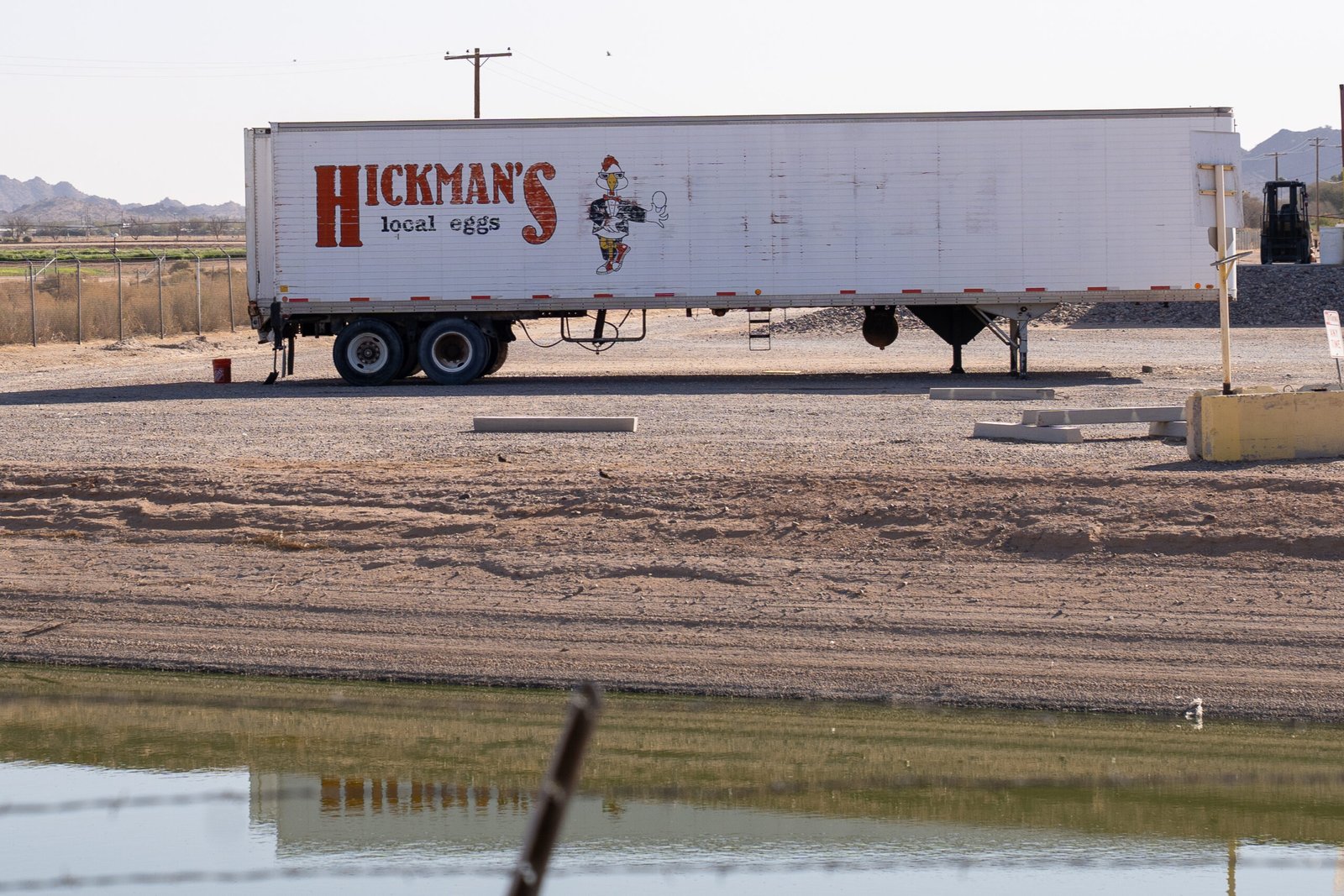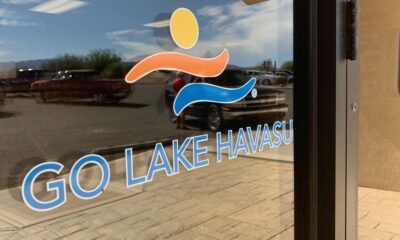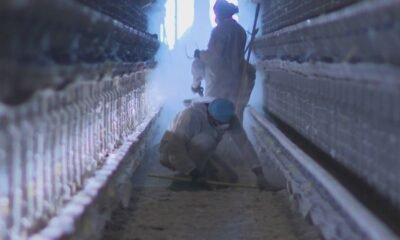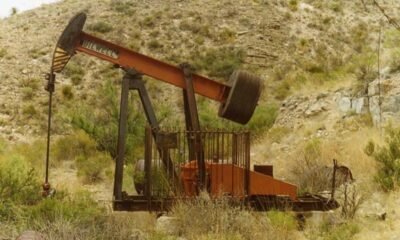Business
Hickman’s Ranch Owner Sounds Alarm: 1 Million Hens Lost to Bird Flu and Egg Shortage Looms

Hickman’s Family Farms, the largest egg producer in the Southwest, is currently facing the challenges posed by a recent H5 bird flu outbreak that originated in Pinal County. Since the disease’s emergence in the U.S. in 2015, the company has continually enhanced its biosecurity protocols.
The latest outbreak has prompted drastic measures. To prevent wild birds from contaminating their operations, Hickman’s has deployed non-lethal deterrents such as air cannons and lasers. Additionally, they have utilized virucides to neutralize airborne viruses.
However, the toll has been severe, with the loss of 1.1 million chickens reported. Glenn Hickman, the owner, expressed concern over the diminishing options to protect their flock. “These birds have been dying off and on from February 2022, so that’s the tragedy for us,” he stated.
Eggs are an essential part of the American diet. Currently, the nation requires around 330 million healthy birds to meet demand, but only approximately 275 million are available. “There are simply not enough eggs to get to everybody,” Hickman remarked.
While the U.S. Department of Agriculture provides compensation for the lost flock value, businesses like Hickman’s do not receive repaid sales revenue, which can compound economic challenges. Nevertheless, Hickman’s Family Farms has managed to maintain its workforce, stating, “We still have the same amount of people working.”
The farm has implemented stringent safety measures. Employees are required to shower before and after shifts and follow protocols to minimize the risk of transmitting the virus. If a human case is identified, the Pinal County Public Health Department oversees the individual’s treatment and monitoring.
There may be hope on the horizon. A vaccine developed for landfowl to combat bird flu has received conditional approval from the USDA. “I’m grateful that we have a vaccine and there seems to be a push to use it,” Hickman noted, emphasizing the importance of protecting animals to avoid further human health risks.


















